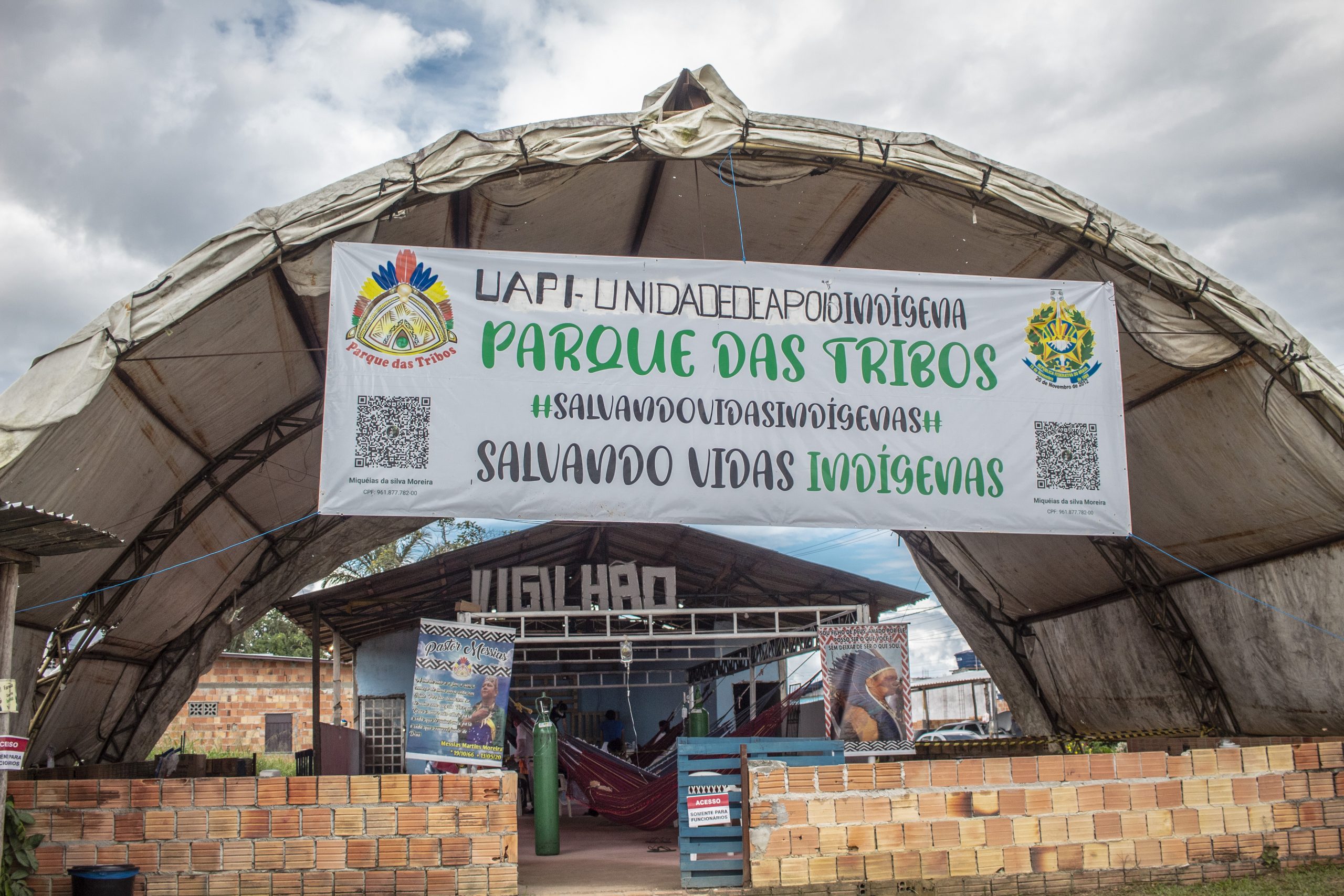
Manaus, Brazil (Feb. 26, updated March 4) — With the public health system collapsing and the oxygen crisis, Amazonas has had more than 290,000 confirmed cases of COVID-19 in the second and worst wave of the pandemic. The crisis has dramatically affected the inhabitants of Park of Tribes, located in the urban zone of Manaus, and, without the support of public authorities, they decided to seek their own solution. And so the Health Support Unit for Indigenous Peoples (UASPI) was born, a health post staffed by and for neighborhood people.
Park of Tribes is the first Indigenous neighborhood in the capital city, consisting of 688 families representing 35 ethnicities who have never had access to basic sanitation or a Basic Health Unit (UBS), according to Miquéias Kokama, chief and one of the principal leaders of the city’s traditional peoples. Unable to come to terms with the situation, Miquéias joined with other residents in the venture that resulted in the opening of the UASPI on the 8th of January.
“Something had to be done—only I know what my community has had to put up with.” My people need health care and I could not wait for the Prefecture or for the State government. We do not have enough equipment or professional health workers but something had to be done, if not I was going to lose more Indigenous community members like I lost my father,” Miquéias said, summarizing the neighborhood situation. The chief took over the post after the death of his father, Messias Kokama, a victim of the coronavirus.
The UASPI functions in an old community church and counts on the collaboration of 50 volunteers, among them doctors, nurses, social workers, general service people, cooks, security people, and coordinators. According to Edcarla Portugal, a lawyer representing the Park of Tribes and one of the coordinators of the project, the unit attended to more than 180 people in January and February. More than 20 patients needed to be interned in the UASPI network, which replaced the hospital stretchers with traditional hammocks to create a more welcoming ambiance.
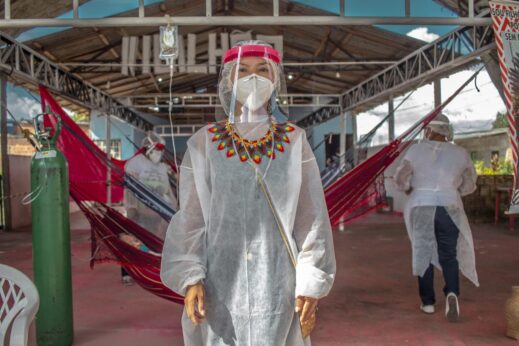
For one of the UASPI coordinators, the nursing technician Vanda Ortega, the first person to be vaccinated against the coronavirus in the state of Amazonas, the creation of the unit reflects the State’s negligence. “The creation of the UASPI is a product of the negligence of the State with the indigenous population in a city context, seeing as there are no policies for attending to these people. All this effort on the part of our community, and of the leaders as well, occurs because we cannot get help in the overcrowded hospitals which cannot receive more people.”
The creation and maintenance of the unit have been possible because of the leaders’ own resources or through the “Saving Indigenous lives” campaign which collects donations from the populace and from other social organizations. Both Miquéias and Edcarla confirm that the UASPI needs medicine, hygiene, and food supplies, but mainly repairs to the structure of the locale which has suffered in the heavy summer rainstorms. There is also a shortage of professional staff and equipment that can furnish more specific health services.
“They sent a mobile UBS here on the 1st of February, but it is for basic services and we already have those. I need more oxygen tanks, an ambulance, doctors, and physiotherapists and specific, intensified exams that are available 24 hours a day and not just from Monday to Friday,” Chief Miquéias pleads.
With more than 10,000 deaths from coronavirus in Amazonas state and without the inclusion of Indigenous people who live in urban centers in the National COVID-19 Immunization Plan, the Health Support Unit for Indigenous peoples will most likely continue for an indeterminable time. Apart from this, according to Edcarla, the project’s leaders are sending official letters asking that a permanent UASPI be installed in the Park of Tribes neighborhood.
Mobile UBS can only attend to primary care cases
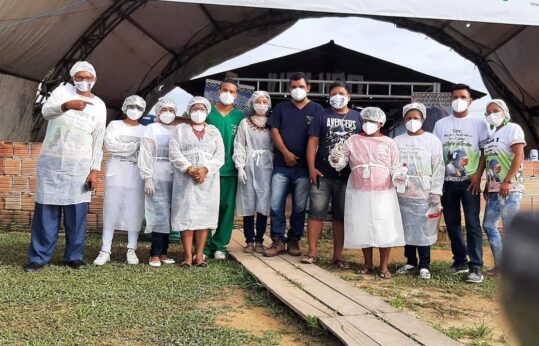
At #Colabora, the Manaus Municipal Health Secretary (Semsa) reports that the mobile UBS was implemented in the Park of Tribes neighborhood in the month of May 2020, but with the reduction of demands was ultimately redirected to other Indigenous communities in the capital. “Faced with the worsening of the health situation in Manaus this portfolio returned with the Mobile UBS to the Park of Tribes, functioning from Monday through Friday, from 8:00 in the morning until 4:30 in the afternoon,” the note adds.
Questioned about the Health Support Unit for Indigenous peoples, the Semsa confirms that people who test positive for COVID-19 in the neighborhood, after being identified by the secretary, are being directed to the mobile unit.
Translated for People’s World by Peter Lownds. The original publication in #COLABORA can be seen here.



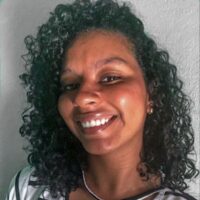
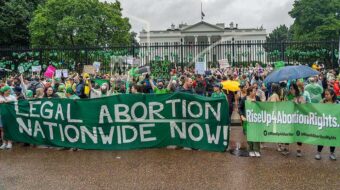
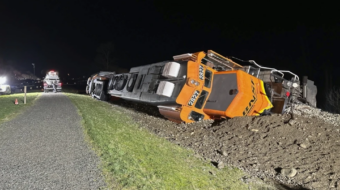
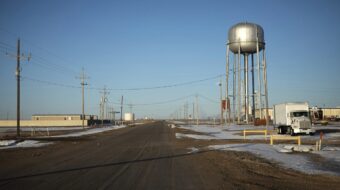





Comments